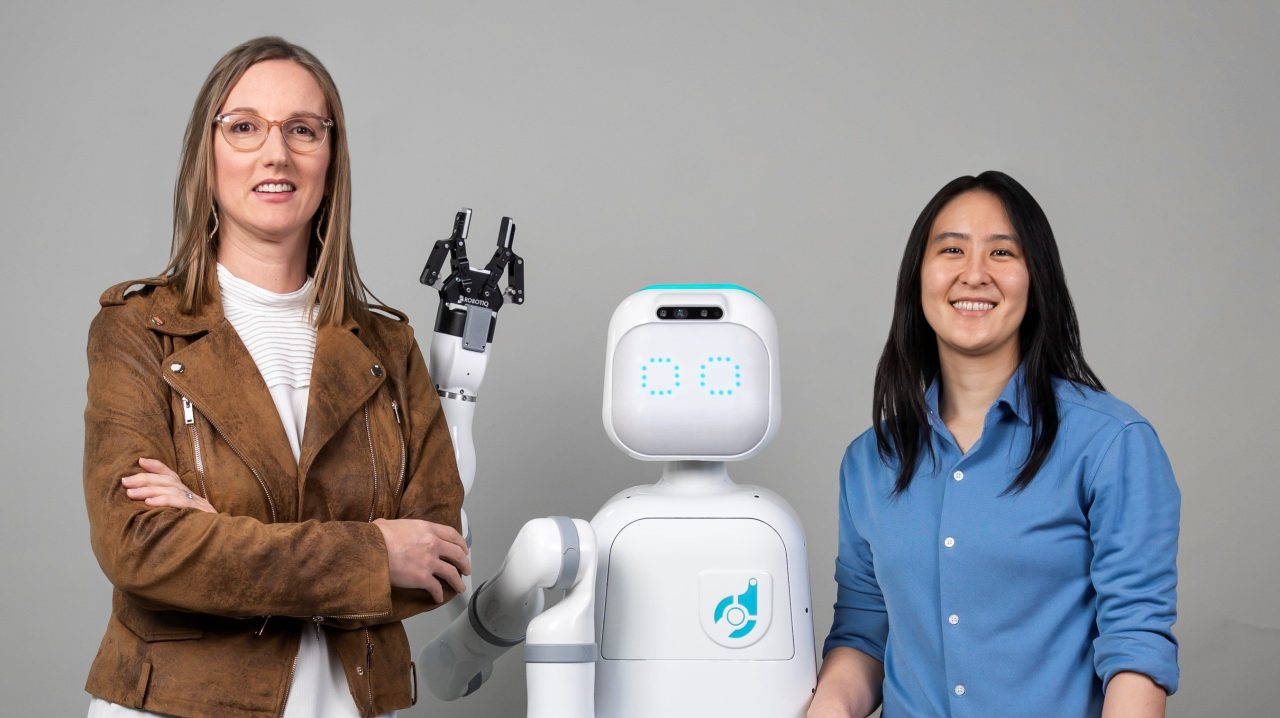Nursing has long been recognized as one of the most challenging professions, and the recent pandemic has placed unprecedented stress on healthcare workers. As reports indicate that a significant number of nurses are considering leaving the profession, a pressing question arises: how can technology, specifically robotics, provide support in this demanding field? In this blog, we will explore the evolving role of robotics in nursing and healthcare, highlighting examples of innovation and the potential implications for the profession.
Understanding the Role of Robotics in Nursing
While the idea of fully automating nursing jobs may seem like a distant dream, the introduction of healthcare robots serves to enhance human capabilities rather than replace them. Robots are adept at handling repetitive tasks, freeing nurses to concentrate on direct patient care, which is a critical aspect of their role. The introduction of robotic nurses or assistants is intended to alleviate the burden on human staff, helping to mitigate burnout and improve job satisfaction.
Examples of Robotics in Healthcare
- Diligent Robotics’ Moxie: This service robot is designed to assist clinical teams by performing mundane tasks such as fetching supplies or delivering medications. Recently, they secured a Series B funding round of $30 million to scale production, underlining the high demand for such solutions in healthcare settings.
- Aethon and Security Concerns: On the flip side, not all robotic endeavors have been without challenges. Aethon’s autonomous robots came under scrutiny due to security vulnerabilities that could potentially allow unauthorized control. This serves as a reminder that while technology can enhance healthcare, it must also be safeguarded against risks.
Why Now is the Optimum Time for Robotic Innovations
The COVID-19 pandemic catalyzed the acceleration of robotics in healthcare, illuminating the benefits of automated support systems. As healthcare continues to evolve, here’s why integrating robots is crucial:
- Increased Demand for Care: With an aging population and rising healthcare needs, robots can help meet increased demand by supporting nursing staff and improving efficiency.
- Focus on Patient-Care: By handling logistical tasks, robots allow nurses to dedicate more time to patient interaction, which is vital for healing.
- Cost-Effectiveness: Though the initial investment in robotic systems can be significant, in the long run, their deployment can reduce operational costs and enhance patient throughput.
Looking Ahead: What to Expect
The potential for robotics in nursing is expansive, but while startups like Diligent Robotics are paving the way, it is essential for policymakers and healthcare organizations to consider ethical implications, growth, and training needs for human staff. As technology evolves, hospitals must create an environment that embraces robotics while ensuring that the essence of human connection in nursing is preserved.
Conclusion
Robots are not here to take the place of nurses; rather, they are set to become integral partners in the healthcare ecosystem. By relieving the stress and burdens on human staff, robotics can lead to more efficient healthcare systems and improved patient outcomes. As the healthcare landscape continues to change with advancements in technology, it is crucial for industry stakeholders to harness these innovations responsibly for the betterment of patient care.
At fxis.ai, we believe that such advancements are crucial for the future of AI, as they enable more comprehensive and effective solutions. Our team is continually exploring new methodologies to push the envelope in artificial intelligence, ensuring that our clients benefit from the latest technological innovations.
For more insights, updates, or to collaborate on AI development projects, stay connected with fxis.ai.

